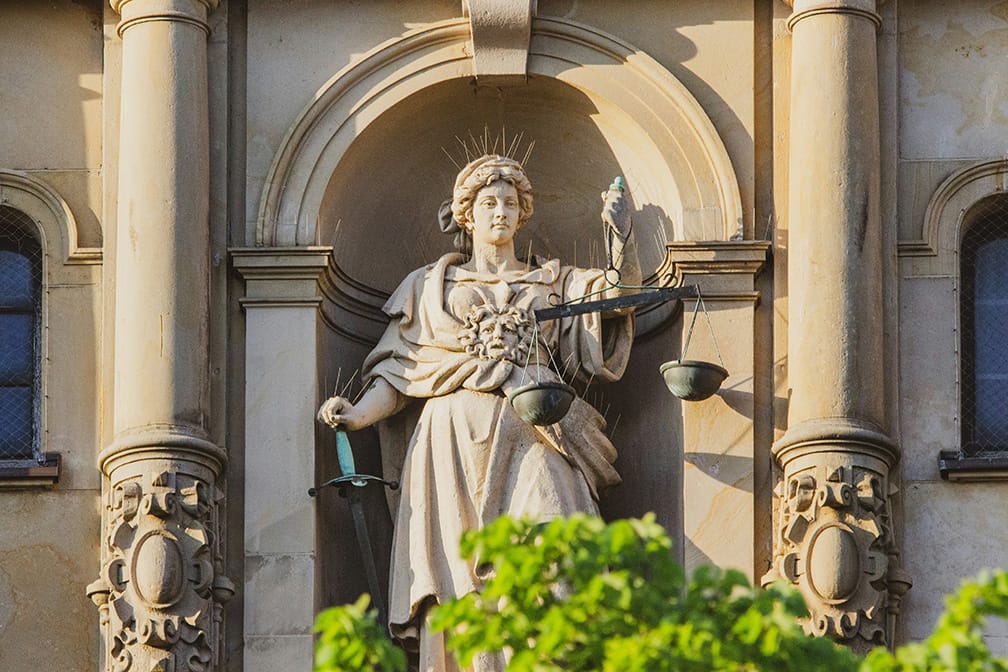The Peer-to-Peer Rights Fund Launched to Protect Open-Source Devs, Starting with Samourai Case
The P2P Rights Fund will provide resources to subsidize defense counsel and sponsor amicus briefs in pivotal cases, support and finance affirmative impact litigation to secure crucial legal precedents, and will offer free or subsidized regulatory advice to developers of non-custodial Bitcoin tools.

- "Announcing the Peer-to-Peer Rights Fund. The mission? Safeguard the decentralized, peer-to-peer integrity of the Bitcoin ecosystem by defending non-custodial tools and their developers from regulatory overreach," announced David Zell, co-founder of the Bitcoin Policy Institute.
"Recent legal actions indicate a troubling shift in regulatory perspective, putting the non-custodial ecosystem at risk. The government’s new stance treats developers of non-custodial tools as financial institutions, a misunderstanding of the technology. Users, not developers, engage in financial activities. The broad interpretation of the Bank Secrecy Act could extend to hardware wallet developers, transaction nodes, miners, and more. If courts set unfavorable precedents, the implications are dire," was stated in the announcement.
The fund's first undertaking is the defense of recently indicted a Samourai Wallet developers Keonne Rodriguez and William Lonergan Hill.
- "The Peer-to-Peer Rights Fund's inaugural project is defending Keonne Rodriguez and William Lonergan Hill, founders of Samourai Wallet, who face charges of conspiracy to commit money laundering and operating an unlicensed money services business. The prosecution's attempt to classify Samurai's non-custodial coinjoin tool as a money service business risks setting a damaging precedent that could impact the entire Bitcoin ecosystem," was explained on the website.
"By defending this case, the fund aims to ensure the court understands the technology and legal principles at stake, and seek a favorable result establishing that non-custodial privacy tools cannot be regulated under the Bank Secrecy Act."
- "The outcome of this case will significantly impact the future of non-custodial Bitcoin tools and the broader decentralized finance landscape. The fund's involvement underscores its commitment to safeguarding the principles of decentralization, user autonomy, and privacy, ensuring that innovation within the Bitcoin ecosystem can flourish under a fair and just legal framework," added Zell.
You can support The Peer-to-Peer Rights Fund by making a tax-deductible donation here.





